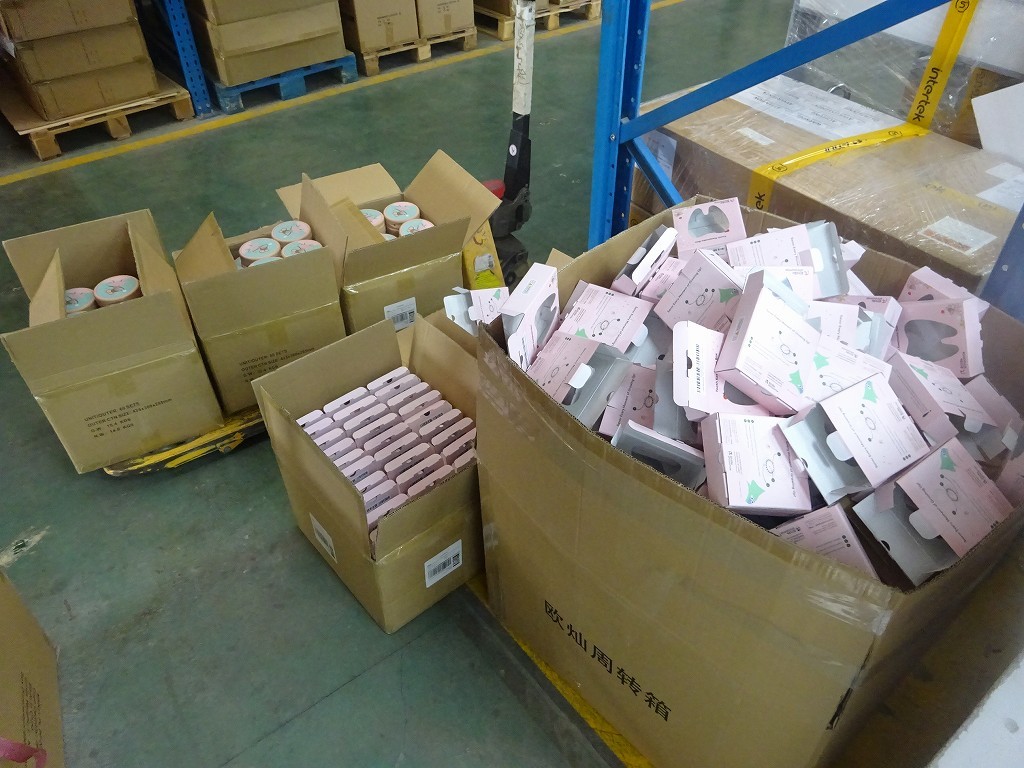NBNQC is dedicated to providing quality inspection services for electronic products in China to global clients. Ensuring the overall quality and functionality of delivered products is crucial. This article aims to explain the necessary tests and how to execute them during the inspection process of USB disks.
Contents
1.Pre-production Inspection:
Before the USB disk manufacturing process begins, a pre-production inspection ensures that all necessary components, materials, and specifications are in line with the buyer’s requirements. This stage involves verifying the design, confirming the use of appropriate raw materials, and reviewing technical specifications.
2.Visual Inspection:
Visual inspection is conducted during various stages of USB disk production. It involves examining the product for any cosmetic defects, such as scratches, dents, or irregularities in the surface finish. Visual inspection also ensures that the product’s labeling, branding, and packaging meet the buyer’s specifications.
3.Functionality and Performance Testing:
To ensure the USB disk’s functionality and performance, several tests are conducted:
- Capacity Testing: This test verifies the declared storage capacity of the USB disk. It involves writing and reading data to confirm that the actual capacity matches the labeled capacity. It also helps identify any counterfeit or mislabeled products.
- Data Transfer Speed Testing: USB disks are tested to measure their read and write speeds. This ensures that the product performs according to the specified speed class, such as USB 2.0 or USB 3.0, providing reliable data transfer rates.
- Compatibility Testing: USB disks are tested for compatibility with different operating systems (Windows, macOS, Linux) and devices (computers, laptops, gaming consoles). This ensures that the product functions correctly across various platforms and devices.
- Data Integrity Testing: This test checks the USB disk’s ability to store data without corruption or data loss. It involves writing and reading large amounts of data to ensure data integrity and reliability.
- Plug and Play Testing: USB disks are tested to ensure seamless plug-and-play functionality. This involves connecting the USB disk to various devices to confirm automatic detection and recognition, without the need for additional drivers.
4.Physical and Mechanical Testing:
USB disks undergo physical and mechanical tests to assess their durability and reliability:
- Drop and Impact Testing: USB disks are subjected to controlled drops and impacts to assess their ability to withstand accidental falls. This test helps determine whether the product can endure common handling and transportation scenarios.
- Environmental Testing: USB disks are exposed to different environmental conditions, including temperature, humidity, and vibration, to evaluate their performance under adverse circumstances. This ensures that the product remains functional and stable in varied operating environments.
- Insertion and Removal Testing: USB disks are tested for their insertion and removal cycles. This simulates real-life usage scenarios and helps determine the product’s durability and lifespan.
5.Electrical Safety and Compliance Testing:
Electrical safety and compliance testing ensure that USB disks meet relevant international standards and regulations, such as those related to electromagnetic compatibility (EMC), electrical safety, and hazardous substances (RoHS). These tests help ensure product safety and regulatory compliance.
Execution Process:
To execute the USB disk inspection process effectively, NBNQC follows these steps:
- Agreement on Inspection Scope: NBNQC collaborates with the buyer to understand specific inspection requirements, including the tests to be performed and the acceptable quality standards.
- Sampling: Based on international sampling standards (e.g., ANSI/ASQ Z1.4), representative samples are selected from the production batch for inspection.
- Test Protocol Preparation: NBNQC develops a detailed test protocol based on the agreed-upon inspection scope, including specific testing methods, acceptance criteria, and relevant industry standards.
- On-site Inspection: Qualified inspectors conduct inspections at the factory premises, adhering to the test protocol. They visually inspect the products, perform functionality and performance tests, conduct physical and mechanical tests, and ensure compliance with electrical safety standards.
- Defect Classification and Reporting: Any defects or deviations from the agreed-upon standards are documented and classified according to severity. A comprehensive inspection report is generated, highlighting the inspection findings, test results, and recommendations for corrective actions.
- Follow-up Actions: NBNQC works closely with the buyer and the supplier to address any identified issues. This may involve reworking defective products, implementing corrective measures, or renegotiating terms with the supplier.
Collaborating with NBNQC allows global clients to ensure the quality and functionality of USB disks manufactured in China. Through a comprehensive inspection process encompassing visual inspection, functionality testing, physical and mechanical testing, and compliance evaluation, NBNQC helps clients mitigate risks, meet quality standards, and safeguard their reputation. By following the agreed-upon inspection scope and executing a systematic approach, NBNQC provides valuable insights and recommendations to ensure the delivery of high-quality USB disks.






